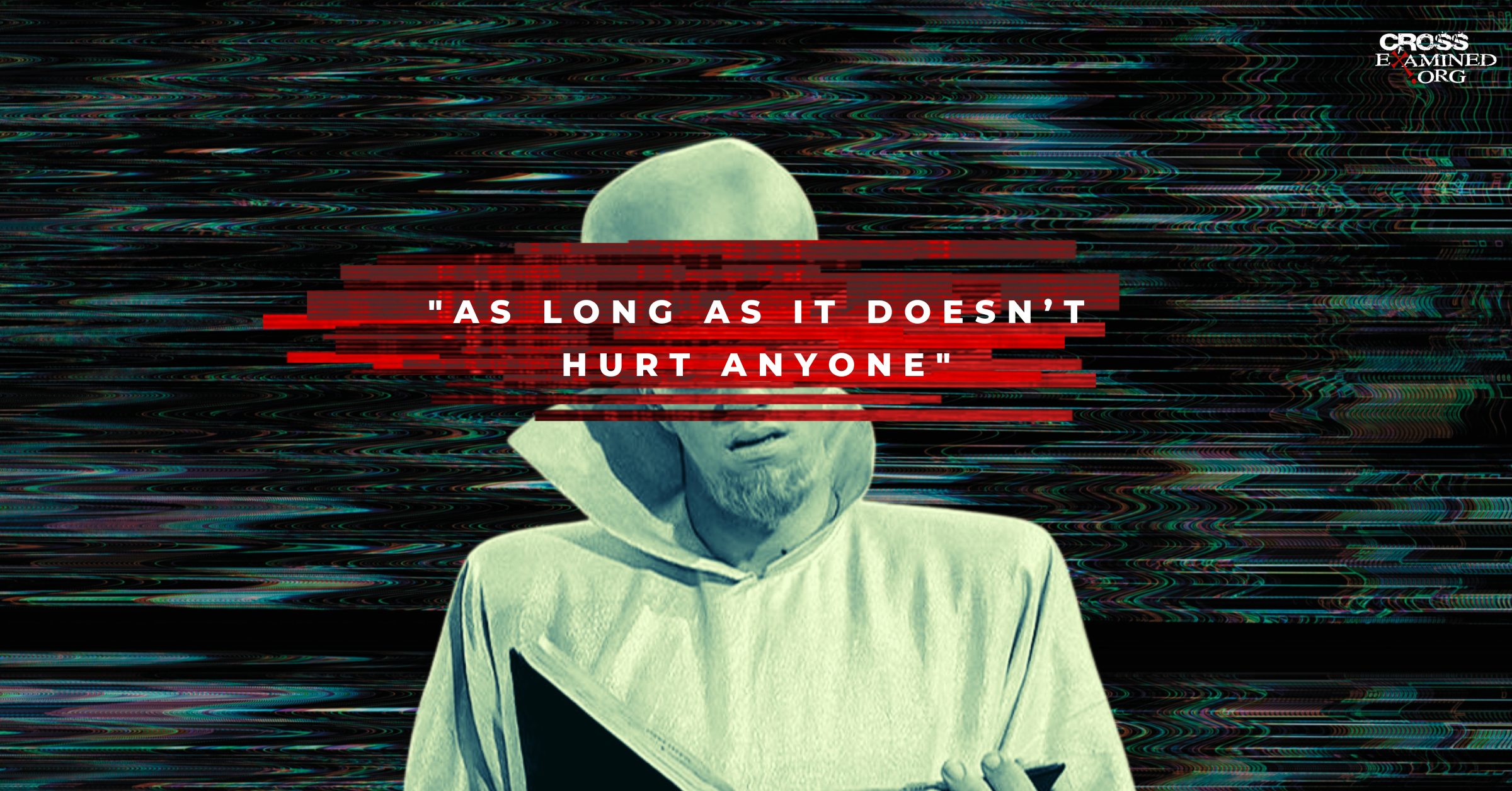Most people believe in God. The question is, which God? Who is this God? Is He personal? Impersonal? An “it”? A vague source or amorphous energy? It’s important to think this through because if God exists, then there are spiritual ramifications for this.
Christians understand God to be personal. They’re not pantheists or panentheists where God is equal or a part of His creation, but that He’s separate yet still personal with His creation. In other words, the Christian God is above His creation, not equal to it. There’s a difference between God and what He has created. Many Christian theologians and philosophers believe this isn’t only biblical but logical. Let’s look at a few of these arguments.
It’s pronounced parh-MEN-i-deez
Let’s start with Parmenides, a 6th-century Greek philosopher who’s known for his view on monism, the belief that everything is one, and that there’s no duality or distinction between mind and matter. His argument went like this:
Premise 1: There can only be one thing in the universe.
Premise 2: If there were two things in the universe, they’d have to differ in some way.
Premise 3: But there is only one way to differ: Either something exists (has being) or it does not (has non-being)
Premise 4: Metaphysically speaking, all things that have being are united/“one” since they are made up from the same “stuff.”
Conclusion: Therefore, there is only one being, and monism is true.
This argument might be confusing, but it’s actually valid.[1] What he’s arguing for is the idea that there is no distinction between anything that exists on a level of transcendence. We see this argument surface different ways among New Age and New Thought teachers as they like to claim that there is no duality, there is only One. Therefore, the Universe is one big spiritual being. And we just need to recognize our connection with it.
Along came Aquinas
Parmenides’ argument actually stumped people for centuries until a Christian philosopher named Thomas Aquinas answered his challenge. Aquinas points out the flaw in Parmenides’s argument: his use of the word being. Aquinas argued that there are different meanings to being, not just one, as Parmenides used.
To explain Aquinas’s argument, let’s take a tree for example. You can look at a tree and ask the obvious, “does this tree exist (have being)?” The answer, of course, is “yes” since if it didn’t exist, you’d be staring at nothing. This is where Parmenides’ questioning stops but Aquinas takes the investigation further.
Once the tree’s being is confirmed, we must then ask, “why does it exist?” In other words, what’s causing the tree to exist? Rather than only focus on being (or existence) Aquinas used ‘potency’ to distinguish metaphysical categories. If something has potency, it has the potential to change. All things, including the tree, have potency. But there must be something immutable (unchanging) to cause the tree to first exist (to have being).
In other words, is the being that’s ultimately causing the tree something that’s also caused? That’s impossible because of infinite regresses, where everything is caused by something else, which is caused by something else, and so on for infinity. If everything is one, and yet everything changes, then what is causing everything to have its being? Eventually, you must arrive at something that philosophers call Pure Act, an uncaused, first cause. This is the one Being with no potential to change, it is immutable and uncreated, yet gives existence to everything else…. Sound familiar?
So, what’s the motivation here?
There’s an incentive to believe that we’re “one with the universe” as spiritual beings. People tend to spiritually elevate humanity, and predictably they end up demoting God to get there. This then, becomes a matter of Lordship. If God is the author of everything and separate from you, then you must submit to Him and His will as Lord. He’s in charge either way, whether you align with and submit Him or oppose and resist Him.
But, if God is within you as some sort of universal source or energy waiting to be awakened, then you only need to submit to yourself. The “God-is-the-universe” theology takes on a self-serving tone.
So, why can’t God be the universe?
To summarize, monism (the belief that all is one and equal to God) is illogical because it leads to an infinite regress of causes. If all things have the ability to change (potency), there must be something unchangeable. If all things are caused, there must be something uncaused. God is that something, He’s a separate unchangeable, and uncreated Being who gives existence to His creation.
Endnote
[1] When an argument is valid, that means that the premise are organized so that if each of the premises are true then the conclusion must be true. When an argument has both validity and true premises, that argument is “sound.”
Recommended Resources Related to this Topic
How Can Jesus Be the Only Way? (mp4 Download) by Frank Turek
Person of Interest: Why Jesus Still Matters by J. Warner Wallace (Paperback), (Investigator’s Guide).
Another Gospel? by Alisa Childers (book)
What is God Like? Look to the Heavens by Dr. Frank Turek (DVD and Mp4)
How Philosophy Can Help Your Theology by Richard Howe (DVD Set, Mp3, and Mp4)
Debate: Does God Exist? Turek vs. Hitchens (DVD), (mp4 Download) (MP3)
________________________________________________________________________________________________________________________________________________
Melissa Dougherty is a Christian Apologist best known for her YouTube channel as an ex-new ager. She has two associate’s degrees, one in Early Childhood Multicultural Education, and the other in Liberal Arts. She also has a bachelor’s degree in Religious Studies at Southern Evangelical Seminary.









